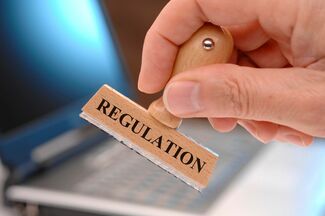fertilizer plant in West, Texas, the President issued an Executive Order 13650 entitled “Improving Chemical Facility Safety and Security.” The goal of the EO was to:
After a myriad of meetings with stakeholders, the USEPA published Amendments to the RMP Rule in the Federal Register on January 13, 2017. Subsequently, delays were issued by the current administration. But on August 17, 2018, the U.S. Court of Appeals decided to vacate the decision to delay and in September the court issued a mandate making the rule effective. And on December 3, 2018, the USEPA published in the Federal Register that the effective date for the amendments was December 3, 2018. See, it’s complicated.
What you really need to know is that some of the amendments require you to make changes to your RMP Program now, some changes won’t be required until March 15, 2021, and still other changes apply either now or in the future, but will only come into play under certain conditions. Lastly, all RMP submittals must be updated to the new requirements by March 14, 2022. I told you it’s complicated. But, let’s look at some of the high points. New Requirements that Must be Implemented Now:
Future Obligations - March 15, 2021:
Obligations to be Implemented under Certain Conditions The best examples here are the Third-Party Audit, Root Cause Analysis and conducting a Public Meeting. Each of these provisions have qualifiers. The regulation states that a third-party audit is only required when:
Similarly, if a reportable release occurs, a root-cause analysis must be done during the incident investigation and the facility must hold a public meeting. These requirements go into effect on March 15, 2021, but are only required if the conditions warrant them. Yes, it is complicated, but manageable. But, be careful, read the regulations carefully so you only implement the things you really need to. If you aren’t sure, give us a call. We are happy to answer questions about these or other RMP or PSM requirements. Here are links to some helpful RMP Rule amendments information.
Comments are closed.
|
|


 RSS Feed
RSS Feed
